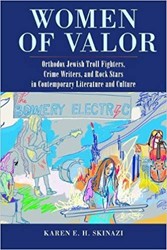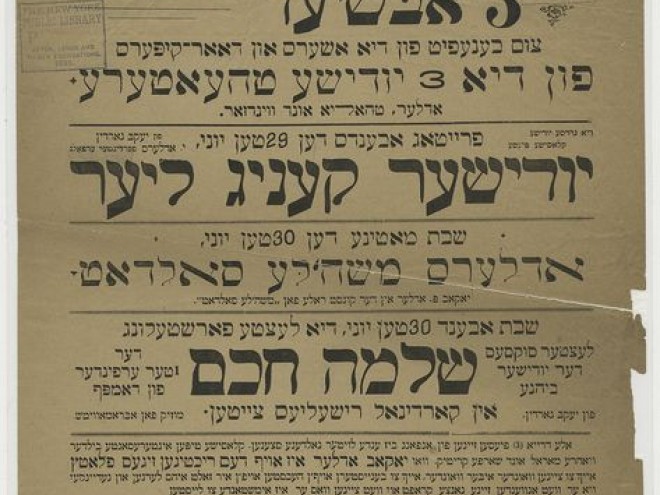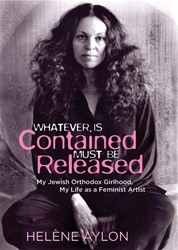In 1942, Bruno Schulz, a gifted writer, artist, teacher, and thinker, was shot dead on the street at fifty-years-old while carrying a loaf of bread. He was shot by a Nazi named Karl Gunther in Drohobych, a small town and shtetl in the Austrian-Hungarian province of Galicia. Despite his shortened life, he has not by any stretch gone unnoticed, acknowledged by literary greats and even compared to writers like Kafka and Salman Rushdie.
His short oeuvre, “Cinnamon Shops,” retitled “Street of Crocodiles,” was finally published in 1934. In the initial, rather quietly, introduced story of “Cinnamon Shops” entitled “August,” we are introduced briefly to the father, a figure who will continue to appear,vanish, and reappear throughout his collection.
In “A Visitation,” his father is seen “slowly disappearing, withering before our eyes…and when he would appear after many days..this did not hold our attention for long.”
Much further along in the collection in, “The Sanitarium under the Hourglass,” his son makes a long journey in a sanitarium to visit his father. He’s told by the doctor, “you know as well as I.…your father died.” He counters, “But Father does not know, does not guess.”
Early on, Schulz writes in the first person as a young boy, like in “Nimrod’ where he describes playing “with a splendid little puppy.” He then writes as his older self and continues the major recurring thread of searching for his parents.
We are quickly overtaken by the way Schulz sees the inanimate world as a part of our real one, with giant overpowering insects, fantasy, and dread: “beds missing a leg,.… lightning flashes of glistening horseflies… demented weeds… evil silence.”
As Schulz often addresses us as “Dear Reader,” he reminds us of the passage of time, a theme he returns to again and again with unrelenting beauty and sensuality. It will also continue to emerge in the designation of seasons, as in “Spring,” “A Second Autumn,” “The Dead Season” and then under “Other Stories” again, “Autumn.”: “Forgotten by the great day, all the herbs, flowers, and weeds multiplied luxuriously and silently gladdened by this pause that they could sleep through outside the margin of time…”
“The Street Of Crocodiles” is often listed as the signature piece of Schulz’s short published collection, and is so pleasurable to read aloud. It’s as if Schulz indulges himself, almost playfully, so that the listener can almost hear the crunch of his pen as he smiles, happily scrawling.
One of the major themes that characterizes a major struggle for Schulz, is that of a book. The first story in “The Sanitarium Under the Hourglass” titled, “The Book,” merits a close reading in its departure from the more freakish characters, like the tailor’s dummies, pet birds and hurled chamber pots. Here, we see the narrator’s fascination with his father’s books, and ultimately finding the “Book” after much searching reveals the spiritual, often ignored conflicts long-buried by Schulz’s assimilated Jewish ancestry
Ironically, for all of Schulz’s former distancing from the canons of Jewish orthodoxy, it has been observed by others that Schulz’s mystical, demonic animalistic rhetoric is somewhat like a talmudic text on the page, begging for explication, encircled by arguments and commentaries from rabbis and scholars over hundreds of years!





